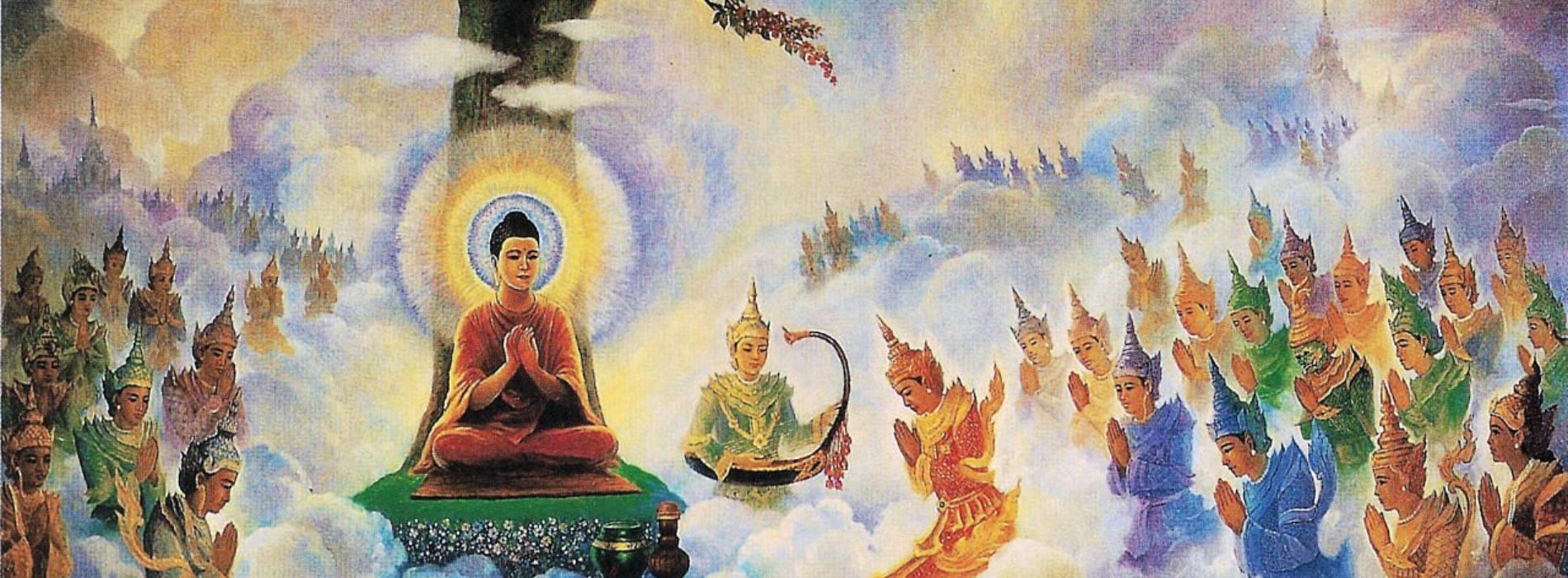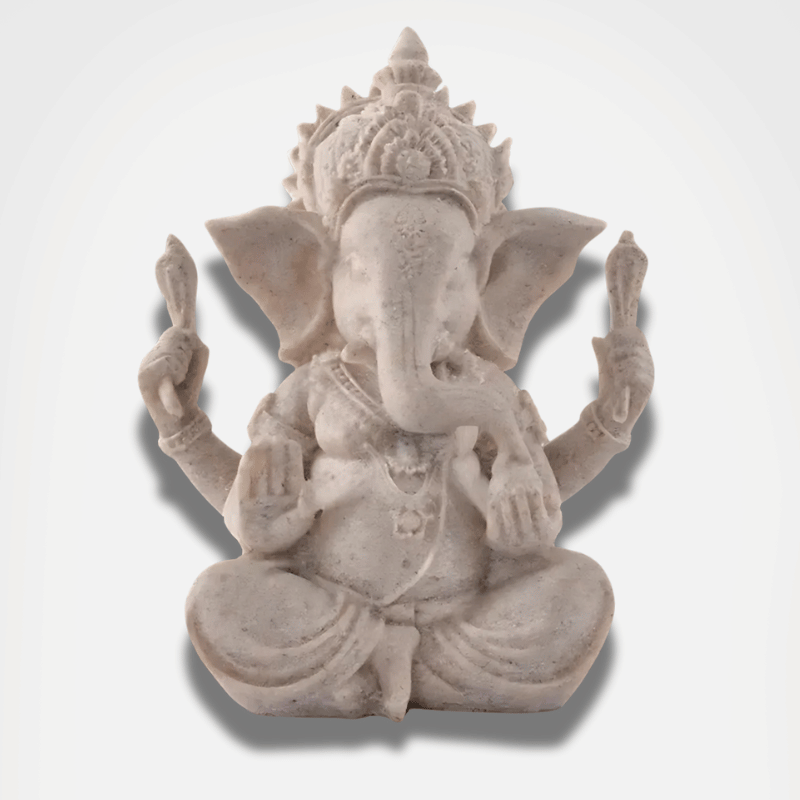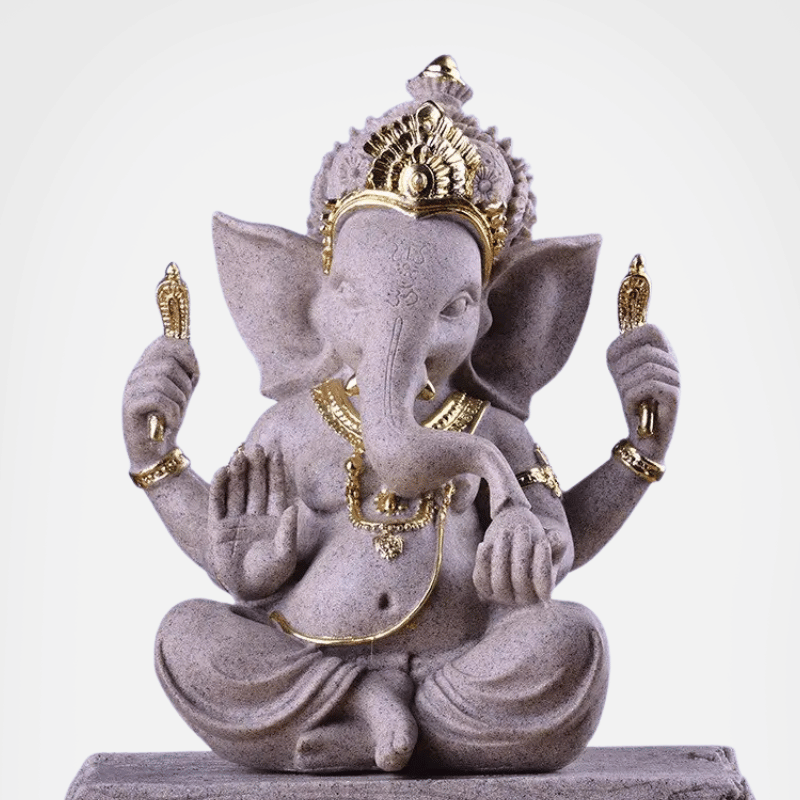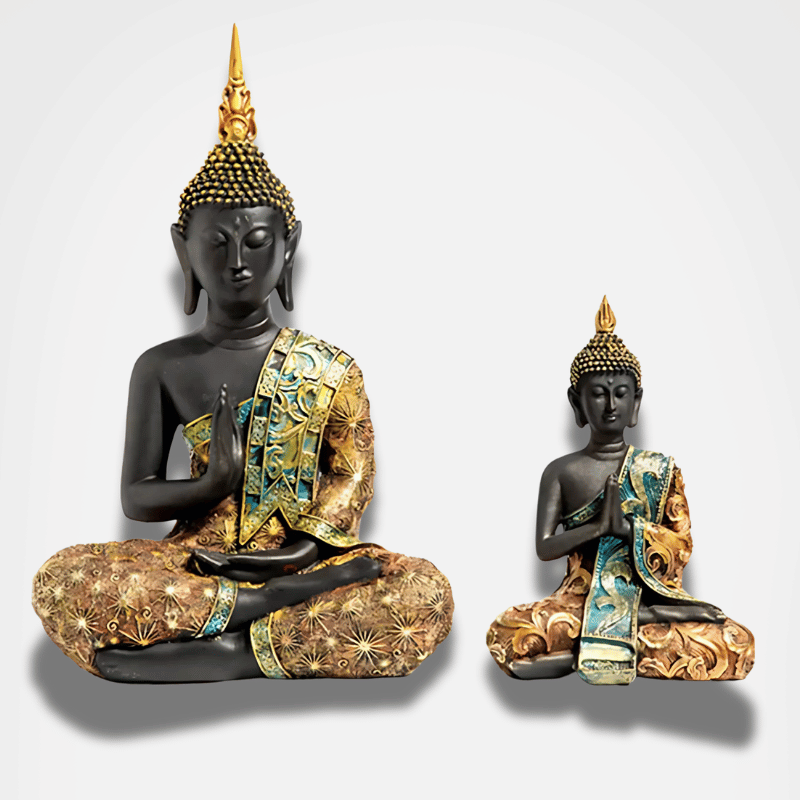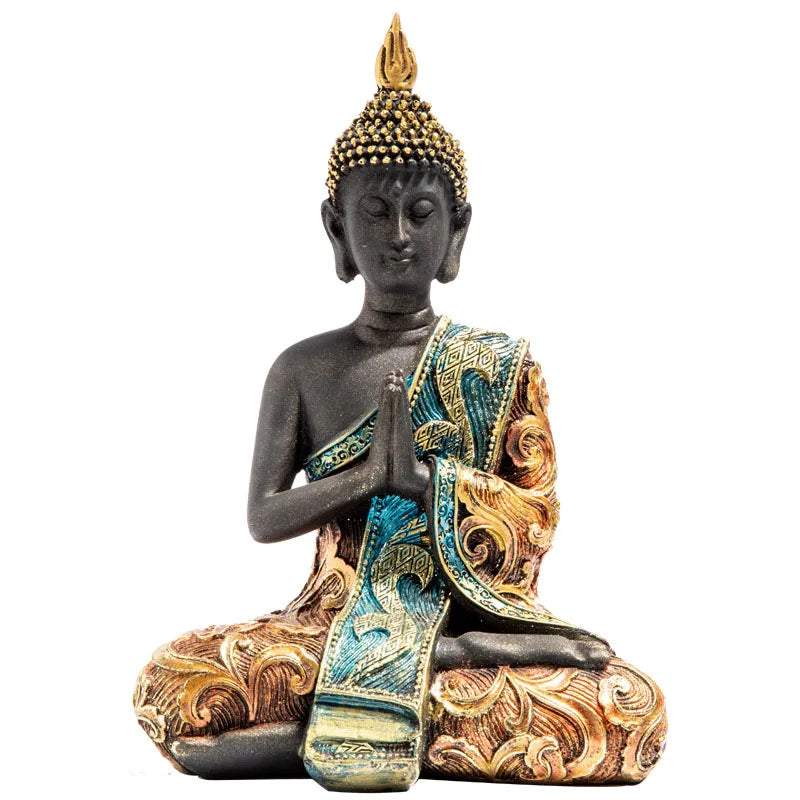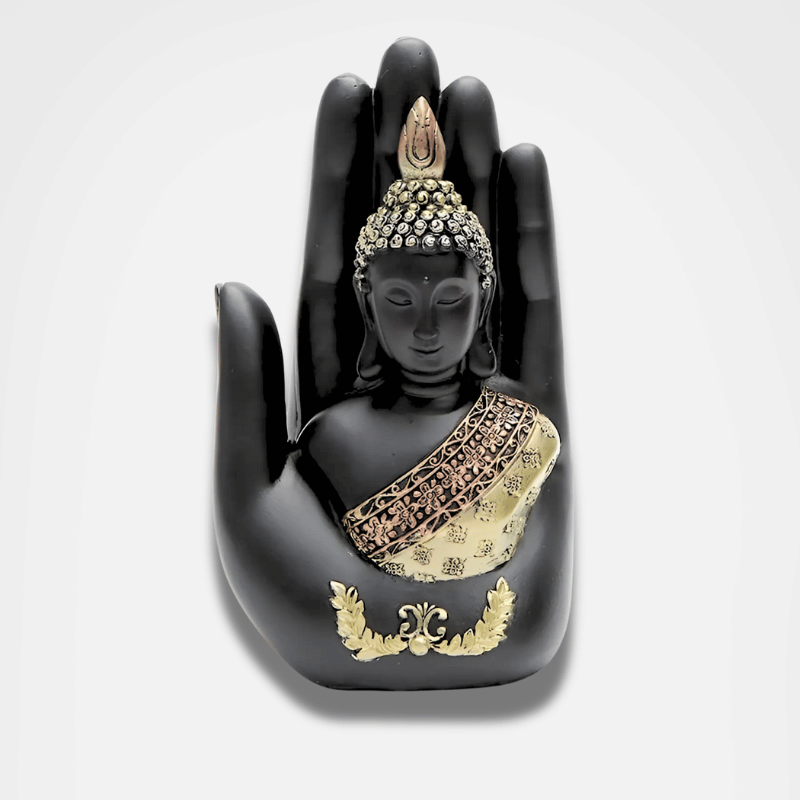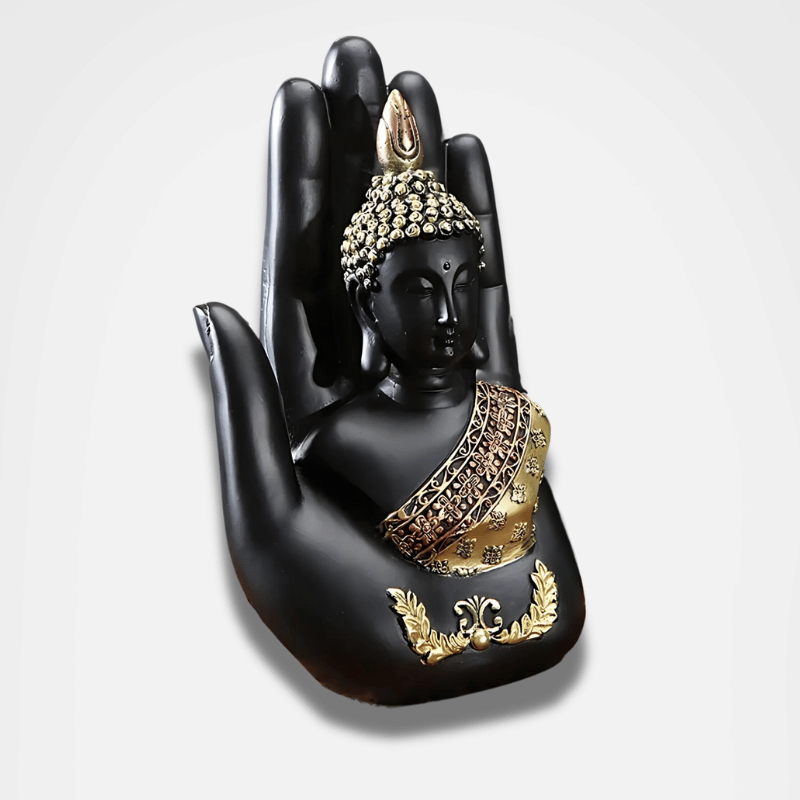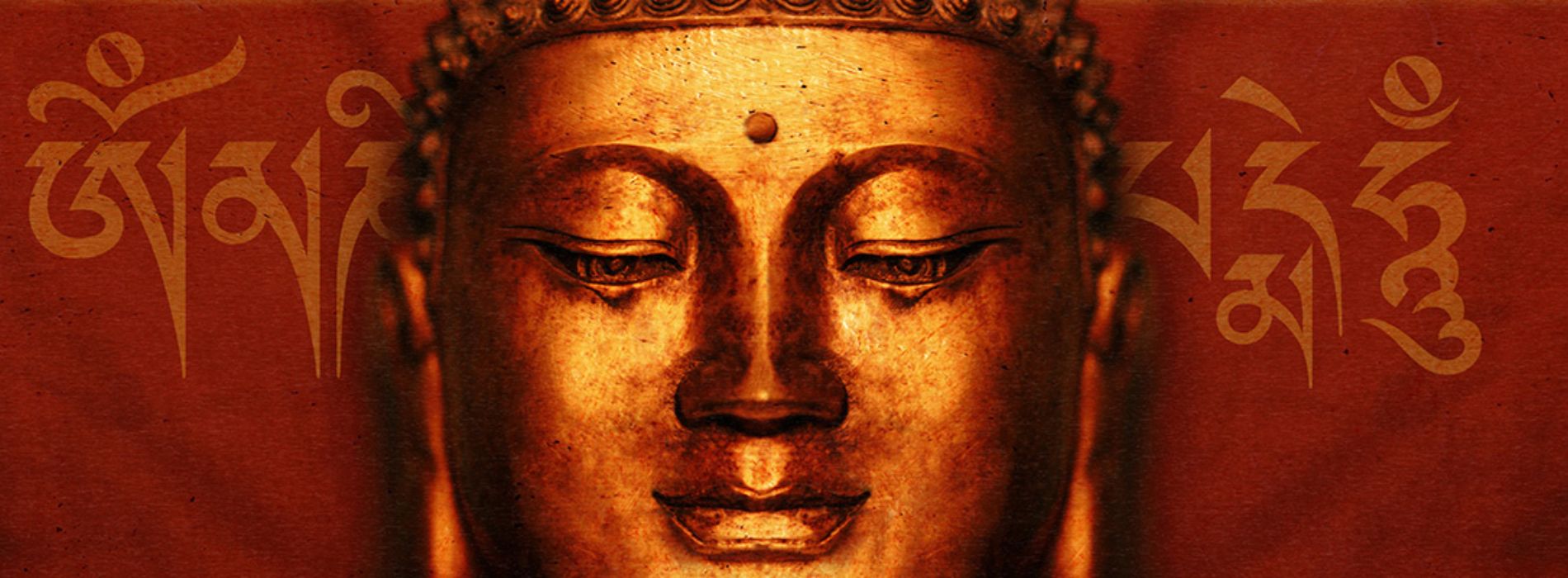Is Buddha a god?
Is Buddha a god?
Origin and role of Buddha
Many people wonder whether Buddha is a god or not. In reality, Buddha is not considered a god in the Buddhist religion, but rather a spiritual guide. Buddha, or Siddhartha Gautama, was a human being who lived in the 5th century BC in India. He is the originator of Buddhism, a religion that teaches the fundamental principles of spiritual awakening.
The role of Buddha is to show people the path to liberation from suffering and ignorance. He achieved enlightenment, or the realization of the true nature of reality, and taught his discoveries to others. Buddha is considered a teacher, guide and role model, but not a divine being.
Wisdom and compassion
Wisdom and compassion are central themes in the teaching of Buddha. Wisdom represents the deep understanding of the nature of reality and compassion is loving-kindness towards all beings. Buddha taught that wisdom and compassion are the keys to achieving enlightenment and living a fulfilling life.
By cultivating wisdom, Buddhists seek to understand the true nature of the world and to dispel illusions and attachments. Compassion, for its part, is the quality that pushes Buddhists to act with kindness towards all living beings and to contribute to collective well-being.
The role of Buddha was to transmit these teachings, to guide individuals on the path of wisdom and compassion, and to help them awaken to their true nature.
Awakening and liberation
Awakening and liberation are key concepts in Buddhism. Buddha taught that, through practice of the teachings and meditation, individuals can achieve enlightenment and freedom from suffering and ignorance.
Awakening is the direct realization of the true nature of reality, of emptiness and the interconnectedness of all phenomena. It is a profound experience that transcends the concept of self and leads to a clearer and deeper perception of the world.
Liberation, on the other hand, involves freeing oneself from attachments, desires and illusions that create suffering. It is a process of internal transformation that allows us to live in harmony with reality as it is.
Buddha and devotion
While Buddha is not worshiped as a god, there is nevertheless a practice of devotion to Buddha in some Buddhist traditions. Devotion involves expressing deep respect and gratitude to Buddha for his teachings and example of life.
Practicing devotion may include offerings, prayers, meditations and rituals. However, it is important to note that these devotional practices are not intended to worship Buddha as a god, but rather to remember his teachings and cultivate the qualities he embodied. /p>
The teachings of Buddha
The teachings of Buddha, known as Dharma, are the basis of Buddhism. They include concepts such as the Four Noble Truths, the Noble Eightfold Path, meditation and compassion.
Buddhists study the teachings of Buddha and apply them in their daily lives to develop wisdom, compassion and enlightenment. The teachings of Buddha are considered a valuable guide for navigating life's challenges and sufferings.
It is important to note that Buddhism is a diverse religion, and practices and interpretations may vary across Buddhist traditions and cultures.
The scope of Buddha
Despite the fact that Buddha is not considered a god, his influence has reached many countries around the world. Buddhism is one of the oldest and most widespread religions, with millions of followers in various regions.
The teachings of Buddha have been translated into many languages and have been adapted to meet the needs of different cultures. His message of wisdom, compassion and enlightenment continues to resonate with many people, whether Buddhist or not.
Influences on philosophy and spirituality
The influence of Buddha is not limited to Buddhism as a religion, but also extends to philosophy and spirituality. The teachings of Buddha have inspired many philosophers, writers and thinkers throughout history.
The concepts of emptiness, interconnectedness and enlightenment have been explored and developed in different philosophical and spiritual traditions. Buddha paved the way for a deeper understanding of reality and human nature, influencing many philosophical perspectives and approaches.
In conclusion, Buddha is not a god in the Buddhist religion, but rather a spiritual guide who transmitted profound teachings on wisdom, compassion, awakening and liberation from suffering. Its influence extends beyond Buddhism as a religion and continues to inspire many people around the world.

